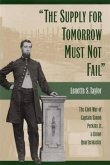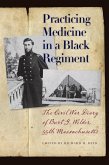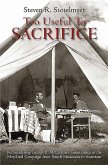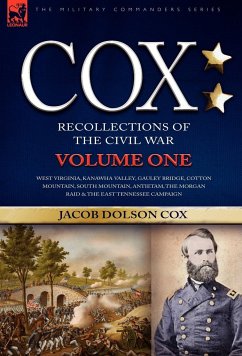
Gebundenes Buch
New
April 2004
Kent State University Press
26,95 €
Sofort per Download lieferbar
eBook, PDF
21. März 2014
The Kent State University Press
Ähnliche Artikel

26,99 €
Versandfertig in über 4 Wochen
Gebundenes Buch
15. April 2015
Missouri Historical Society Press

Gebundenes Buch
November 2009
Oakpast

27,99 €
Versandfertig in über 4 Wochen
Gebundenes Buch
2. November 2015
History Press

Gebundenes Buch
Februar 2010
University of Massachusetts Press

29,99 €
Versandfertig in über 4 Wochen
Gebundenes Buch
November 2009
Oakpast

Gebundenes Buch
New
August 2004
Fordham University Press

Gebundenes Buch
New
1. November 2021
Mercer University Press

28,99 €
Versandfertig in über 4 Wochen
Gebundenes Buch
September 2008
Mercer University Press

29,99 €
Versandfertig in über 4 Wochen
Gebundenes Buch
19. August 2019
Savas Beatie

Ähnlichkeitssuche: Fact®Finder von OMIKRON

